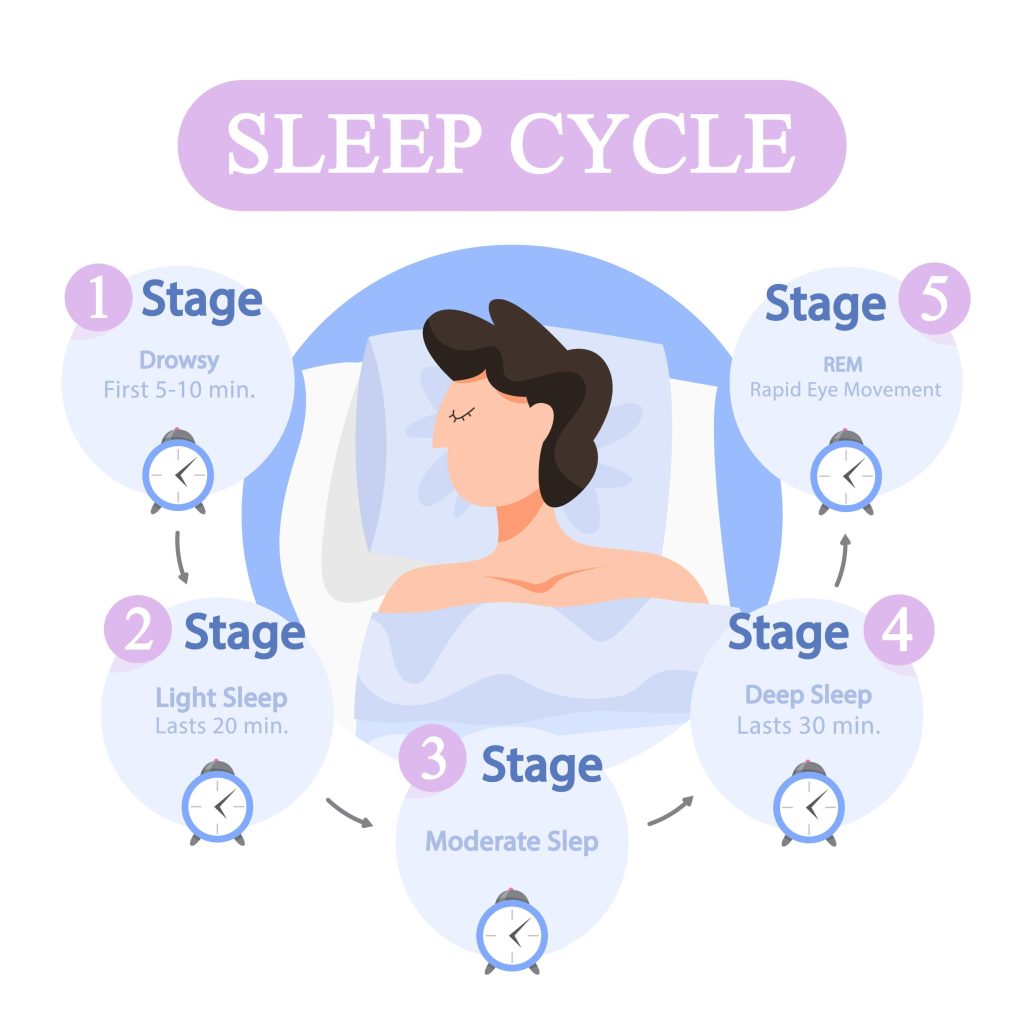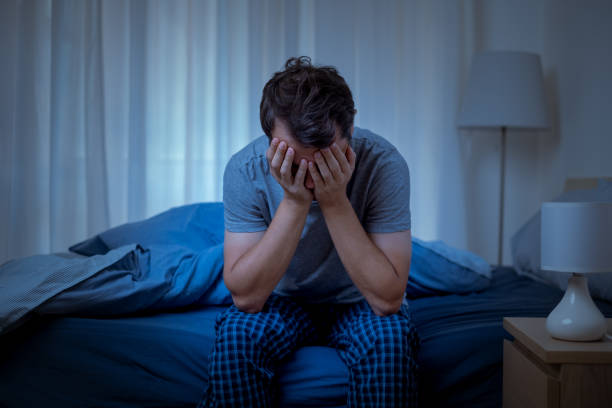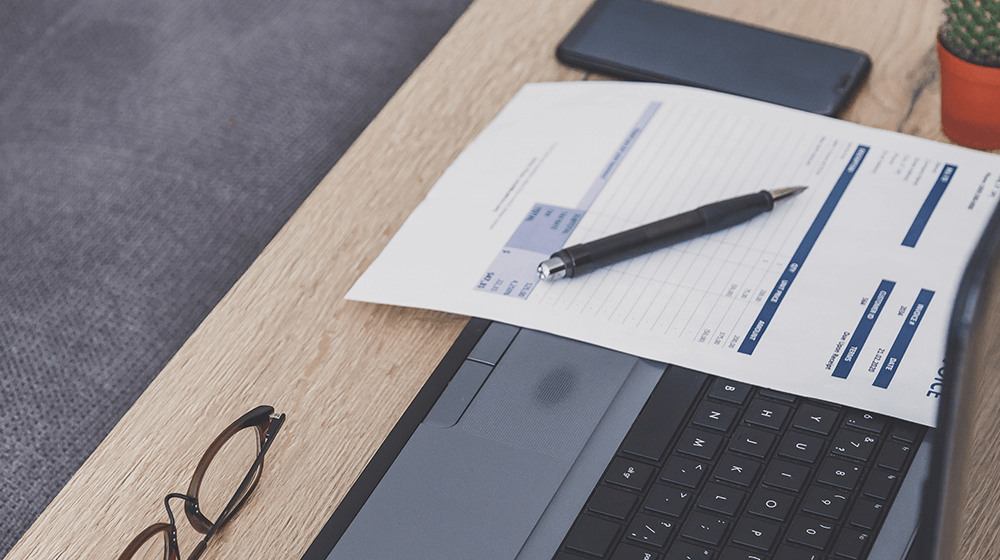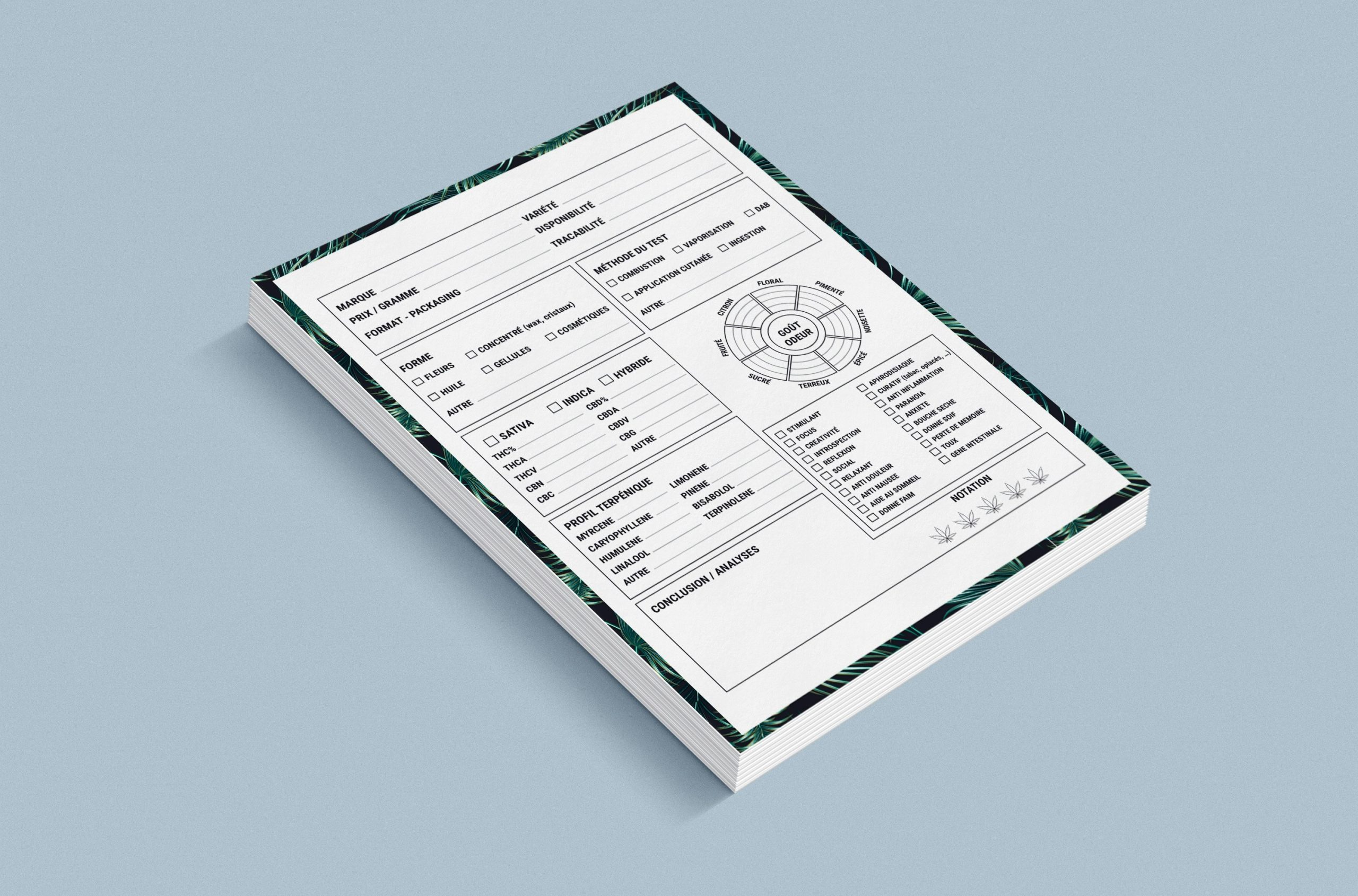Your Complete Guide to Rest and Success: Sleep deprivation has become an epidemic among working Americans. More than 70% of adults report not getting enough sleep on a regular basis. The modern workplace—with its demanding nature, constant connectivity, and economic pressures—has created a perfect storm of sleep disruption. This comprehensive guide provides actionable sleep solutions for working Americans, helping you improve your health and boost your career.
The economic impact of sleep problems is staggering. Sleep-deprived employees cost American businesses over $411 billion annually in lost productivity, increased healthcare costs, and workplace accidents. For individual workers, poor sleep quality can mean reduced earning potential, increased sick days, and limited career advancement opportunities. Understanding and addressing sleep problems isn’t just about feeling better; it’s about optimizing professional performance and long-term career success.
This comprehensive guide examines the unique sleep challenges facing working Americans and provides evidence-based solutions that can be implemented regardless of work schedule, job demands, or lifestyle constraints. From shift workers struggling with circadian rhythm disruption to executives dealing with stress-induced insomnia, every working professional can benefit from targeted sleep optimization strategies.
2. Understanding the Challenges in the Modern Workplace
The American workplace has changed dramatically, and these shifts directly impact how we sleep. Many working professionals face unique challenges that prevent a good night’s rest.
The Impact of Remote Work Remote work offers flexibility, but it often blurs the line between professional and personal time. This can lead to longer work hours and make it hard to “switch off” at the end of the day. Our constant connection to smartphones and laptops means we stay mentally engaged with work well into the evening.
The Reality of Shift Work Millions of Americans in healthcare, manufacturing, and retail work irregular hours. They must sleep during the day and be awake at night, which goes against their natural body clock or circadian rhythm. This disruption can lead to a condition called shift work sleep disorder, which affects both sleep quality and overall health.
Stress and Technology Workplace culture and technology are major sleep disruptors.
- Economic Stress: Financial concerns are a top cause of sleep disruption. Worrying about job security or debt can cause anxiety that makes it hard to fall or stay asleep.
- Technology in the Bedroom: The blue light from screens interferes with the production of melatonin, a hormone that signals it’s time to sleep. Many people unknowingly sabotage their rest by checking devices late at night.
- “Hustle Culture”: A mentality that celebrates long hours and constant availability often sees sleep as laziness. This mindset normalizes chronic sleep deprivation, especially among ambitious professionals.
3. The Science Behind Sleep and Performance
Understanding how sleep works helps you make better decisions about your rest. Sleep cycles directly affect your professional performance and cognitive skills.
The Role of Sleep Stages
- REM (Rapid Eye Movement) Sleep: This stage is crucial for memory, creativity, and emotional regulation. When you consistently cut your sleep short, you miss essential REM phases. This leads to reduced problem-solving skills, less innovation, and poor emotional control at work.
- Deep Sleep: This is essential for physical recovery, immune function, and mental restoration. Deep sleep releases growth hormone, which helps with metabolism and stress resilience.

The Effects of Sleep Debt When you don’t get enough sleep, the effects add up over time. This sleep debt impairs your decision-making, reduces your emotional intelligence, and affects your communication skills. These impacts can directly limit career advancement and harm your workplace relationships.
4. Optimizing Your Sleep Environment
Creating a personal sleep sanctuary is key to better rest. Many working Americans have limited time and resources for this, but small changes can make a big difference.
The Essentials for Your Bedroom
- Temperature: A cool room signals to your body that it’s time to sleep. Most people rest best in an environment between 65-68°F (18-20°C). Use a fan, open a window, or adjust your thermostat to find what works for you.
- Light: Our brains are highly sensitive to light. Use blackout curtains or a sleep mask to block out any external light, especially if you live in an urban area. Dim lights in the evening to help with melatonin production.
- Noise: A quiet room promotes deeper sleep. If you have loud neighbors or a partner with a different schedule, try using a white noise machine or earplugs to create a consistent sound environment that masks disruptive noises.
- Comfort: Your mattress and pillows are an investment in your health and professional life. They provide the support needed for physical recovery, especially after a long day at a desk or on your feet.
5. Technology and Lifestyle Solutions
Technology can be a powerful tool for sleep, not just a distraction. Coupled with smart lifestyle choices, it can significantly improve your rest.
Leveraging Technology for Rest
- Sleep Tracking Devices: Smartwatches and other trackers can give you detailed insights into your sleep patterns, including sleep stages, heart rate, and movement. This data helps you understand your needs and spot areas for improvement.
- Smart Alarms: These clocks wake you up during your lightest sleep phase. This helps you feel less groggy and more alert in the morning, reducing the need for multiple cups of coffee.
- Sleep Apps: Many apps offer guided meditations, calming stories, and breathing exercises. These tools are designed to help your mind relax and prepare for sleep.
Nutrition and Exercise
- Caffeine Management: Know how caffeine affects you. Avoid it at least 8 hours before bed to prevent it from interfering with your ability to fall asleep.
- Mindful Eating: Avoid large or spicy meals close to bedtime, as they can cause indigestion and disrupt sleep.
- Strategic Exercise: Regular physical activity is great for sleep quality. However, intense workouts right before bed can be stimulating. Plan your most vigorous exercise earlier in the day to allow your body time to wind down.
6. Stress Management and Mental Health
Work-related stress is one of the biggest barriers to quality sleep. Financial anxiety, especially for freelancers and small business owners, can be a major source of stress. Having a clear financial system in place can significantly reduce this worry. Using a reliable tool, such as a free invoice generator, can help you manage your finances and reduce the mental burden that keeps you up at night.
Practical Stress Reduction
- Establish an Evening Routine: Create a buffer between your workday and bedtime. This could be anything from reading a book, listening to music, or taking a warm bath. The goal is to signal to your brain that the workday is over.
- Journaling: If your mind races with work-related worries, try writing them down. This can help you process your thoughts and clear your head before bed.
- Mindful Practices: Techniques like meditation and deep breathing can lower your heart rate and calm your nervous system, making it easier to fall asleep.
7. Industry-Specific Solutions
Different jobs come with unique sleep challenges. The best approach is to tailor your sleep strategies to fit your specific work environment.
- For Healthcare and Shift Workers: These workers need to manage their circadian rhythm when sleeping during the day. Strategic use of light therapy or bright light exposure in the morning can help regulate their internal clock.
- For Technology Professionals: With long hours and constant screen time, these professionals often struggle with mental overstimulation. They can benefit from setting strict rules, like no checking work emails after a certain hour, and using blue-light-filtering glasses.
- For Entrepreneurs and Freelancers: The mental burden of financial responsibility and managing a business can cause significant anxiety. Creating a clear financial plan and setting firm work-life boundaries is essential to protect sleep.
8. Sustainable Habits for Long-Term Success
Developing healthy sleep habits is an ongoing process. It’s not about being perfect; it’s about being consistent and flexible.
- Consistency is Key: Try to go to bed and wake up at the same time every day, even on weekends. This helps regulate your body’s natural sleep-wake cycle.
- Priority-Based Flexibility: Life happens. When a busy work week or personal event disrupts your routine, focus on your most important sleep habit. This might mean prioritizing a consistent bedtime over a full wind-down routine.
- Understand Recovery: If you experience sleep loss, focus on recovery. A short power nap or an earlier bedtime on a subsequent night can help reduce your sleep debt without throwing off your entire schedule.
9. Your Path to Better Sleep
Improving your sleep is an ongoing journey. Start with one small, sustainable change, and you’ll soon feel the positive effects on your health and career. By prioritizing your rest, you are investing in your long-term success.
Ready to take control of your professional life? Sign up today to access tools that streamline your business operations and give you the peace of mind you need for a good night’s sleep.













